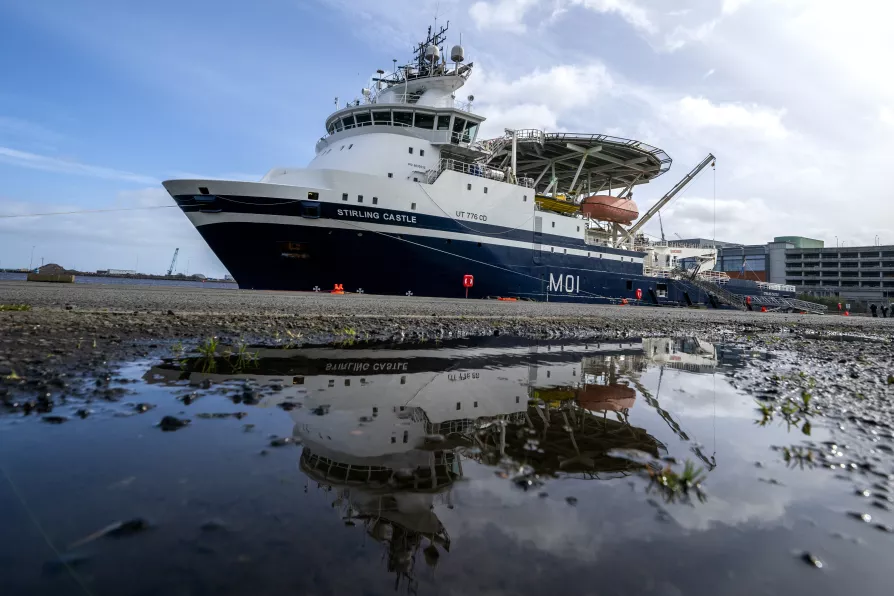The proxy war in Ukraine is heading to a denouement with the US and Russia dividing the spoils while the European powers stand bewildered by events they have been wilfully blind to, says KEVIN OVENDEN
Saving lives at sea is not a crime
Nautilus International leader MARK DICKINSON explains how pressure from his union prevented seafarers being criminalised under the government’s Nationality and Borders Bill for assisting those in danger at sea
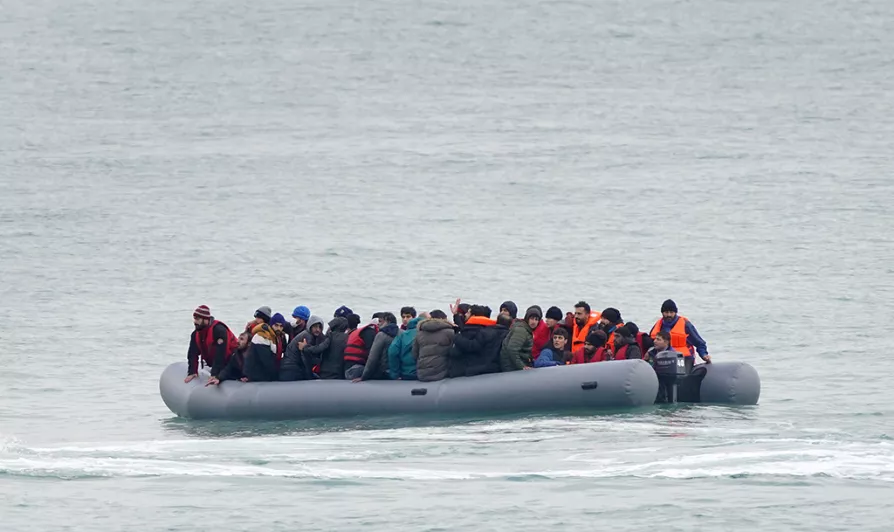
THE criminalisation of seafarers is nothing new for Nautilus International.
All too often, seafarers are made the scapegoats when something goes wrong at sea, and as the trade union for maritime professionals, Nautilus is tasked with defending its members when they are unfairly blamed for accidents.
However, the British government’s proposed Nationality and Borders Bill represented a new — and very serious — legal threat to every seafarer working around the British coast, something that the union simply could not tolerate.
More from this author
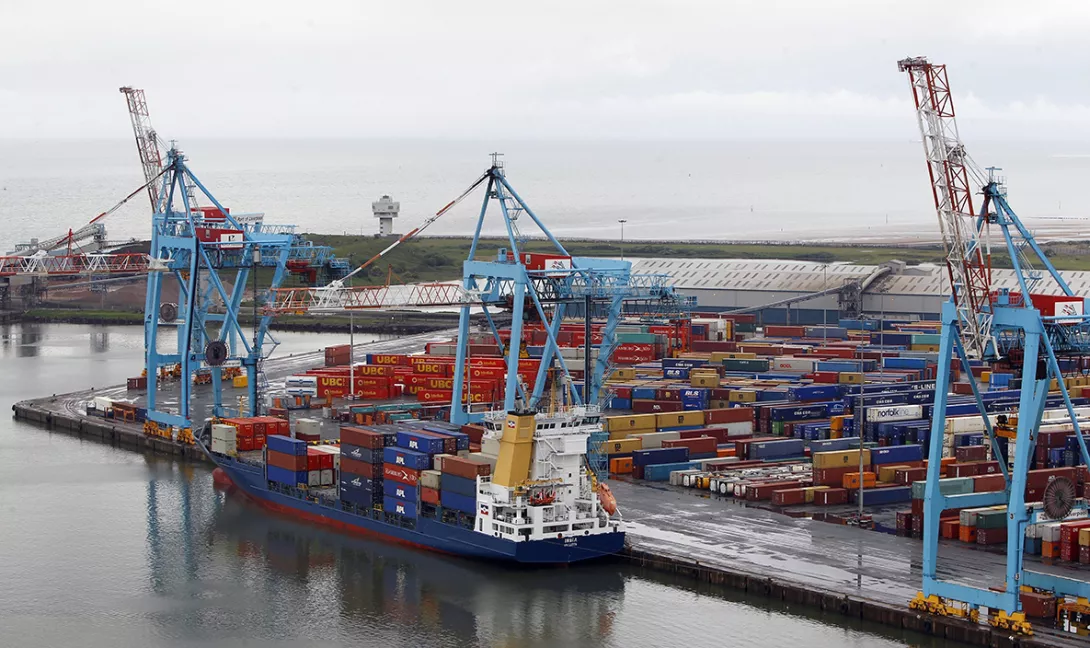
Seafaring is vital to our nation’s economy, but the industry has been allowed to diminish with a devastating impact on our port cities and coastal communities – a rejuvenation policy is urgently needed, argues MARK DICKINSON
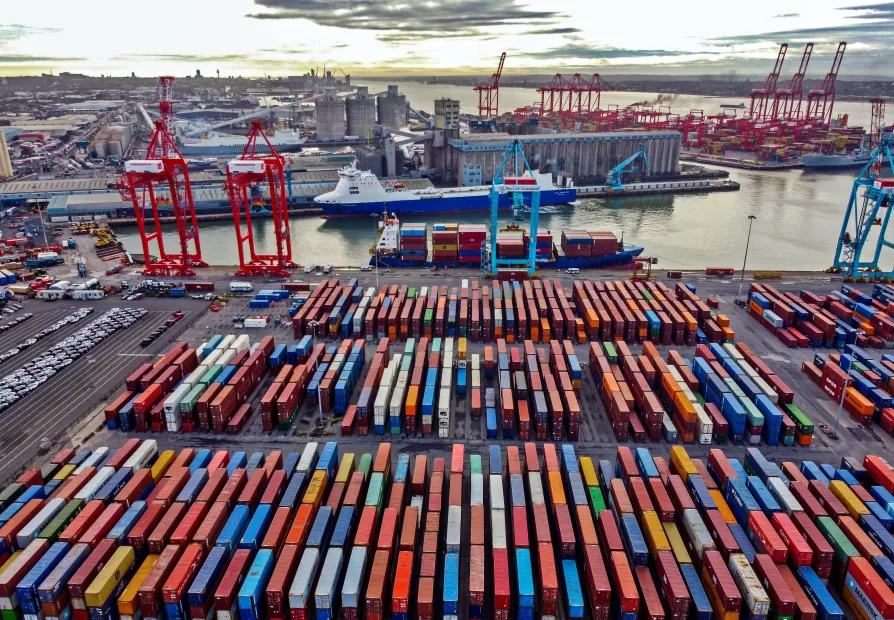
The lesson from the pandemic is clear: the global maritime industry must be properly regulated, warns MARK DICKINSON
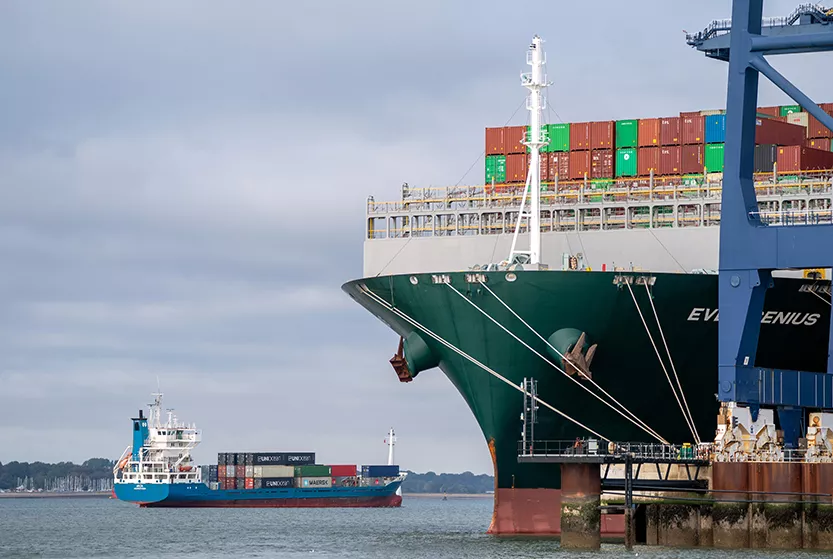
Nautilus International general secretary MARK DICKINSON calls for the rights of workers to be protected as we move to zero-emissions shipping
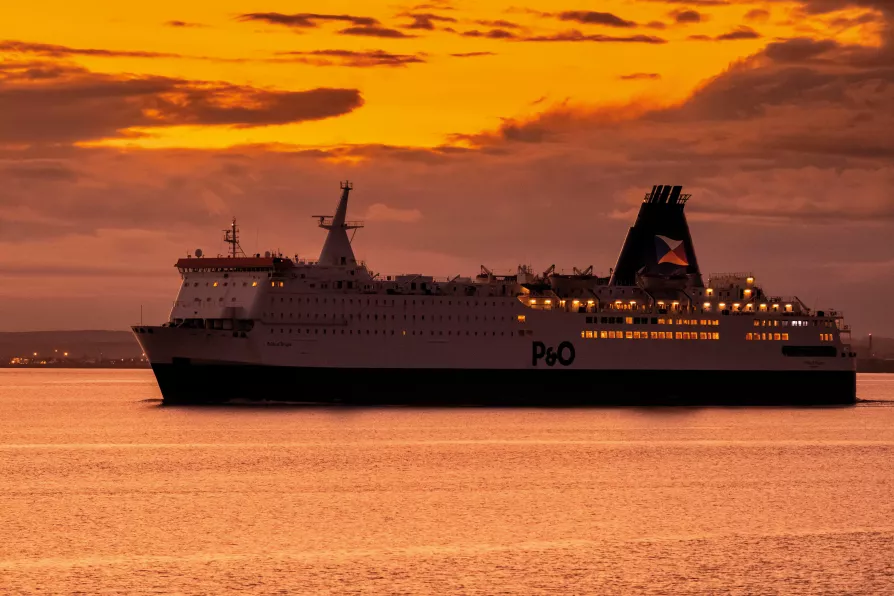
To close employment law loopholes and build a fairer ferries industry, we need new legislation that ups the legal penalties to ensure no company can buy its way out of consultation with the unions again, writes MARK DICKINSON
Similar stories

Seafaring is vital to our nation’s economy, but the industry has been allowed to diminish with a devastating impact on our port cities and coastal communities – a rejuvenation policy is urgently needed, argues MARK DICKINSON

RMT assistant general secretary EDDIE DEMPSEY says a Labour government has the opportunity to protect mariners, renew our port towns and rebuild a once proud tradition of seafaring in this country










